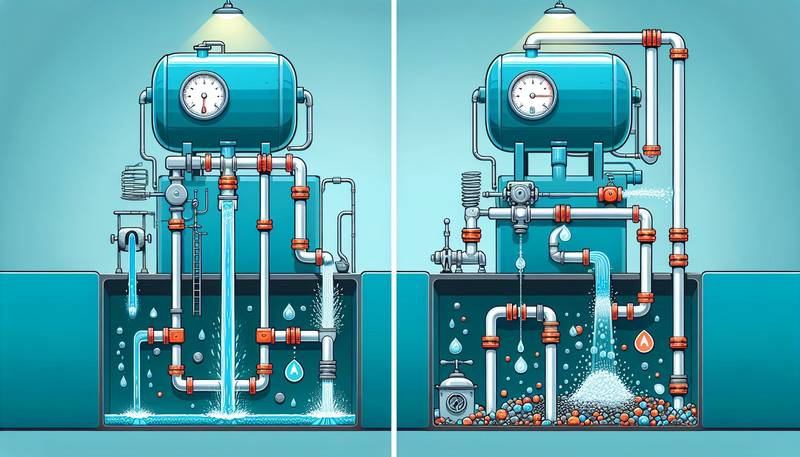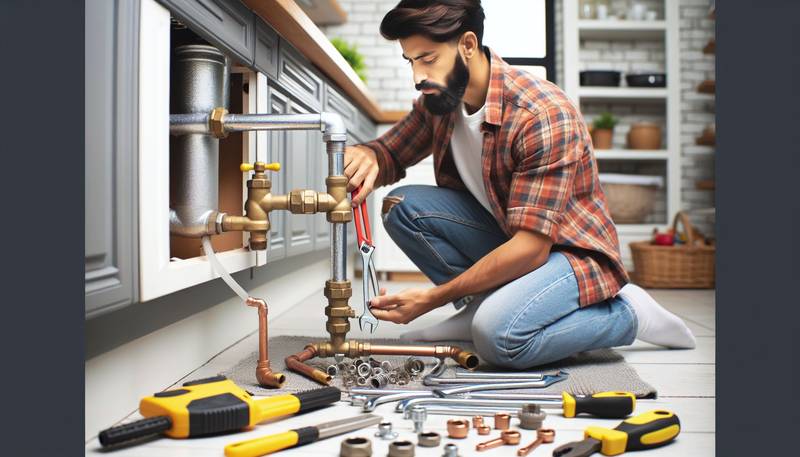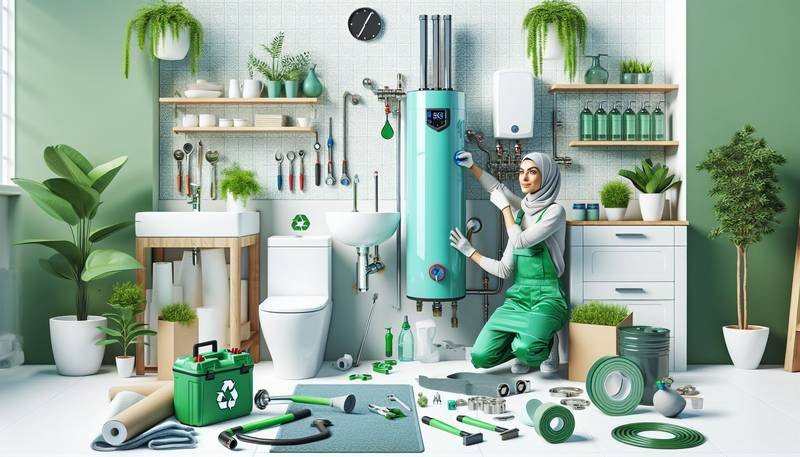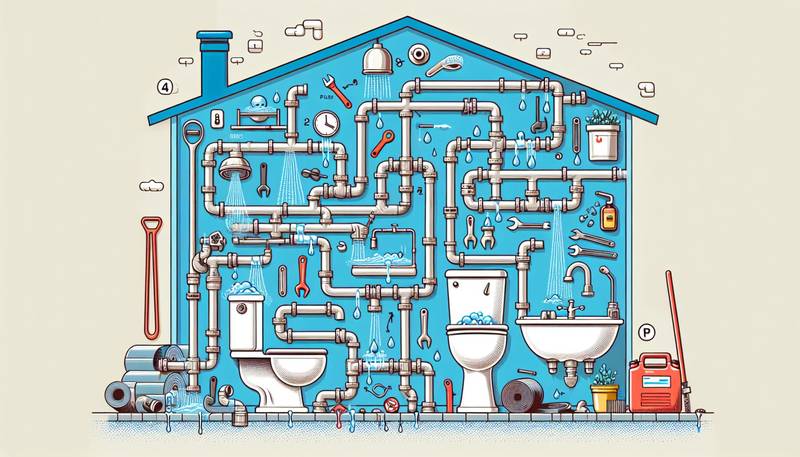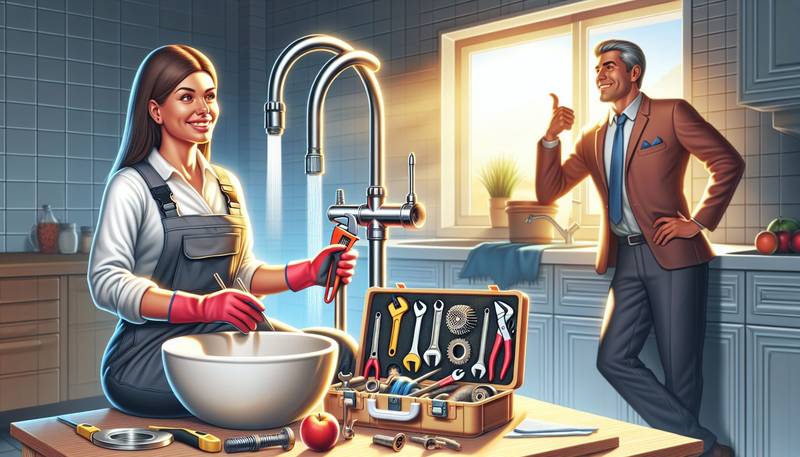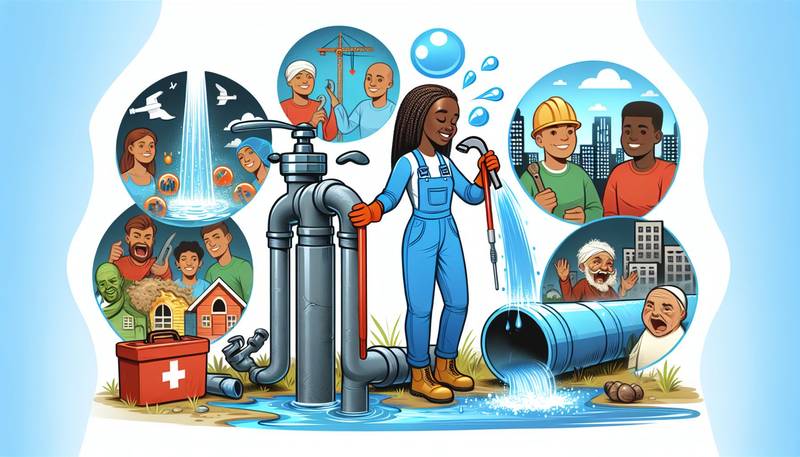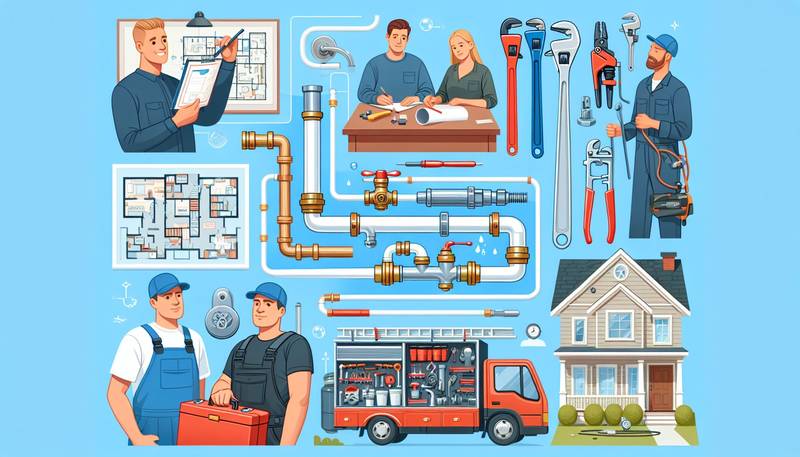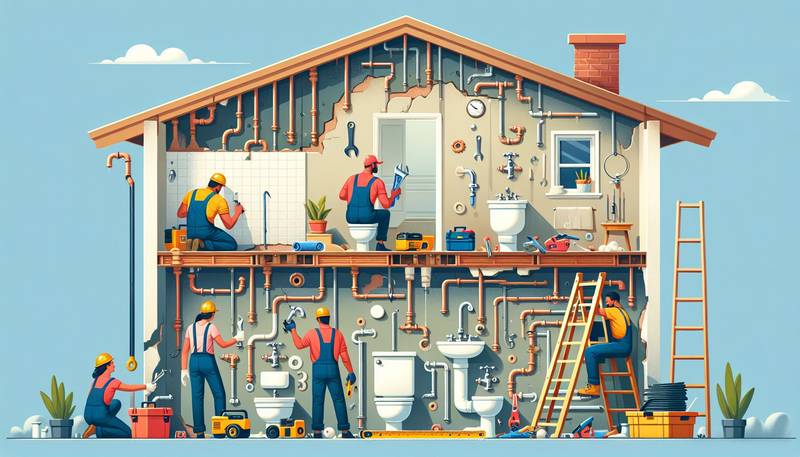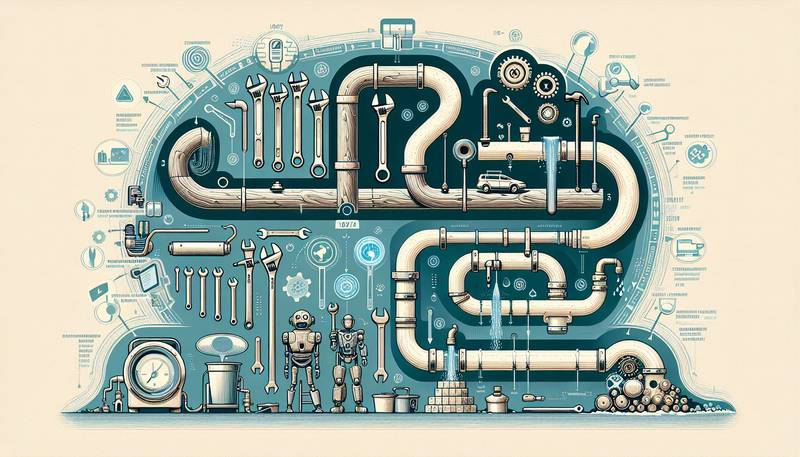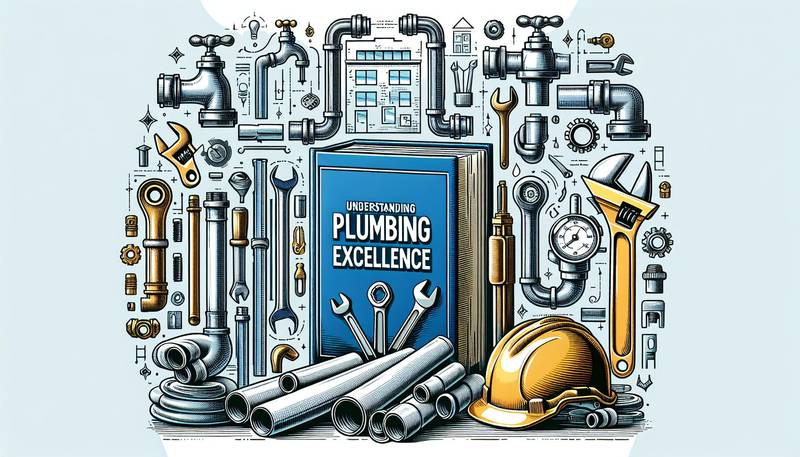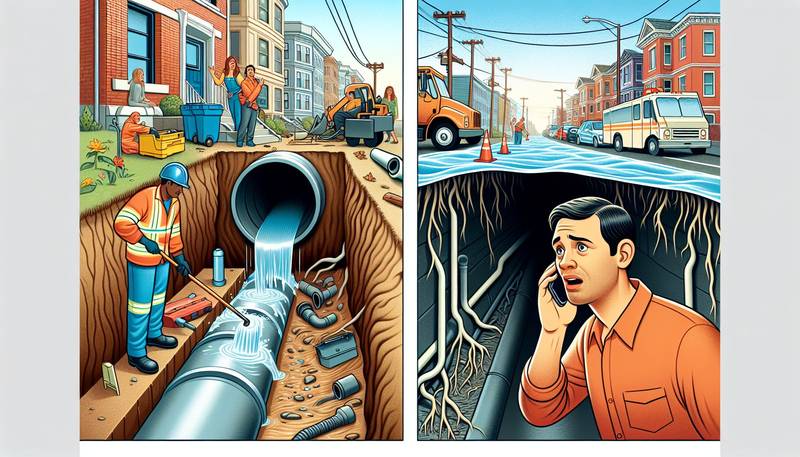The Crucial Role of Water Pressure in Plumbing Maintenance
In this article, we will explore the significance of water pressure in plumbing maintenance and how it can affect the performance of your pipes and fixtures.
Understanding Water Pressure
Water pressure is the force or "push" that water exerts on the walls of the pipes in a plumbing system. It is typically measured in pounds per square inch (PSI) and can vary depending on factors such as the height of the water source, the size of the pipes, and the demand for water within the system. Proper water pressure is essential for ensuring that water flows freely and efficiently through the plumbing system.
Importance of Proper Water Pressure
Maintaining the right water pressure is essential for the proper functioning of your plumbing system. Low water pressure can result in slow-flowing water, while high water pressure can put excess strain on your pipes and fixtures. Both scenarios can lead to a range of issues, including clogs, leaks, and damage to the plumbing system. By ensuring that water pressure is at the appropriate level, you can prevent these problems and extend the life of your plumbing system.
Impact on Pipe Durability
One of the key ways in which water pressure affects plumbing maintenance is its impact on the durability of pipes. High water pressure can cause pipes to burst or develop leaks, leading to costly repairs and water damage. On the other hand, low water pressure can result in sediment buildup and corrosion within the pipes, reducing their lifespan. By maintaining the proper water pressure, you can help prolong the life of your pipes and prevent the need for premature replacements.
Effects on Fixtures and Appliances
In addition to affecting pipes, water pressure can also impact the performance of fixtures and appliances within your plumbing system. Low water pressure can lead to slow-filling toilets, weak shower sprays, and inefficient dishwasher and washing machine cycles. High water pressure, on the other hand, can cause fixtures to wear out more quickly and appliances to malfunction. By regulating water pressure, you can ensure that your fixtures and appliances operate at their best and avoid unnecessary repairs or replacements.
Preventative Maintenance Measures
To maintain the proper water pressure in your plumbing system, it is important to take a few preventative maintenance measures. Regularly check for leaks, clogs, and other issues that may affect water flow. Install a pressure regulator to help stabilize water pressure within the system. Additionally, consider scheduling routine inspections with a professional plumber to assess the health of your plumbing system and address any potential problems before they escalate.
Conclusion
In conclusion, water pressure plays a critical role in plumbing maintenance. By understanding the impact of water pressure on pipes, fixtures, and appliances, you can take proactive measures to ensure that your plumbing system functions optimally and lasts for years to come. By maintaining the proper water pressure and addressing any issues promptly, you can prevent costly repairs and damage to your plumbing system. Remember that a little maintenance goes a long way in keeping your plumbing system running smoothly.
